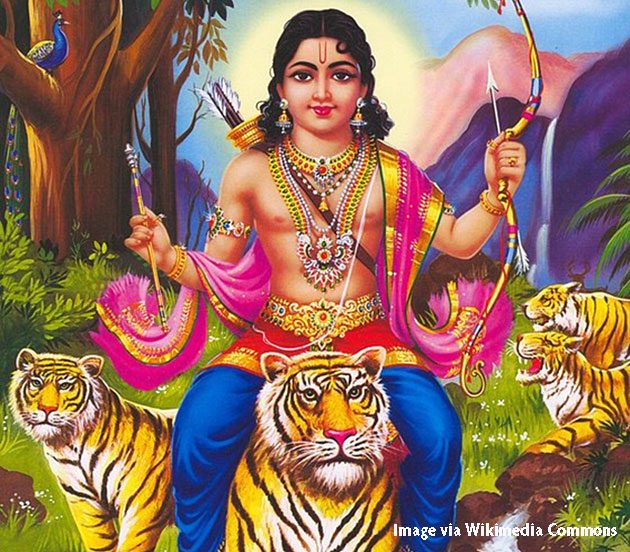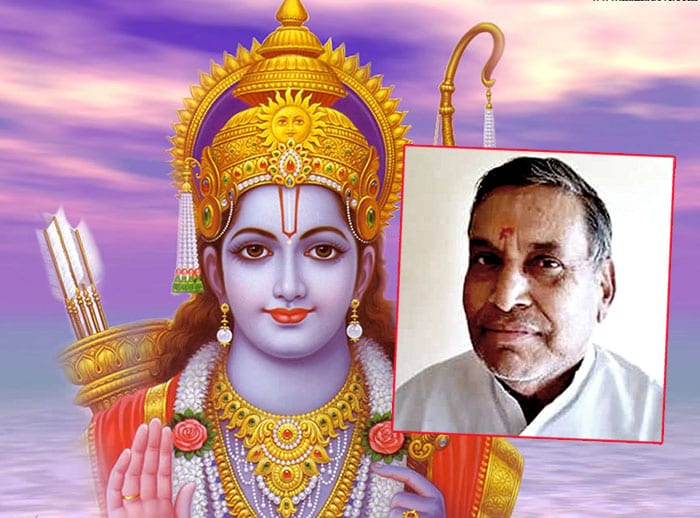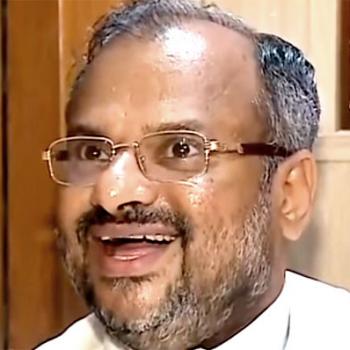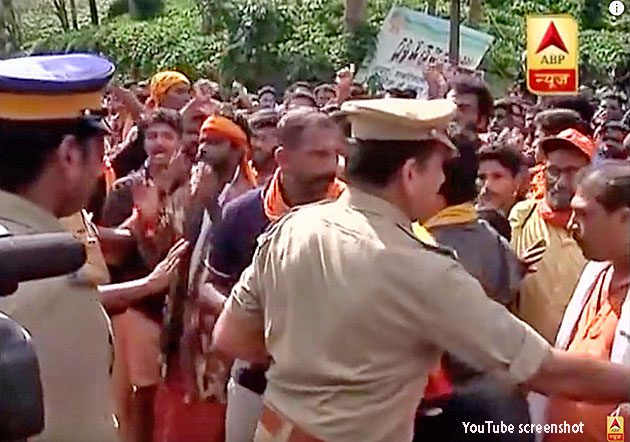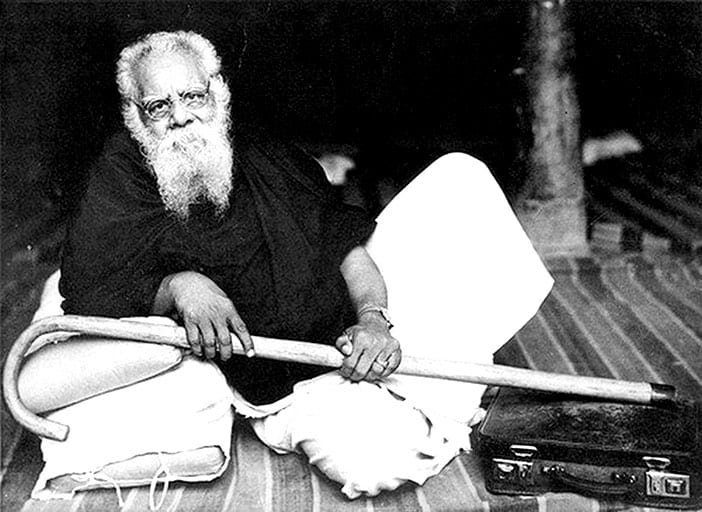
ON pedestals of statues erected in honour of rationalist and humanist Erode Venkatappa Ramasamy (17 September 1879 – 24 December 1973) there is an inscription that makes it abundantly clear that the man best known as Periyar had nothing but contempt for religion.
The inscription reads:
There is no God, the inventors and preachers are fools and rogues and those who worship God are barbarians.
Many, of course, would find those words offensive, but as far as I can ascertain, only one has petitioned a court to have the inscriptions removed – and his case has just been rejected.
Someone called M Deivanayagam argued that Periyar had always advocated self-respect, not atheism, and insisted he that the quote had manufactured by the DK Party headed by K Veeramani.
The petitioner said that when Periyar was alive, on September 17, 1967, a statue honouring him was unveiled at Tiruchi bus-stand by the then Chief Minister C N Annadura and it did not have an atheist inscription. He insisted that Periyar had never uttered the words.
In dismissing the petition, a division bench of the Madras High Court found that this was baloney, and that Periyar’s speeches and expressions from 1928 made clear that he had no time for religion.
According to Periyar – founder of India’s Self-Respect Movement – belief in God was the sole reason for the inequalities that plagued India at that time, the judges said. They referred to his speeches and writings that made clear he was an ardent rationalist.
After going through all Periyar’s speeches and writings, the bench found that there is nothing wrong in having his views inscribed on the statues.
The judges said the contention of the petitioner that everything was done by Veeramani only after the demise of Periyar, was contrary to the facts and cannot be accepted.
According to Wiki:
The bedrock of E.V. Ramasamy’s principles and the movements that he started was rationalism. He thought that an insignificant minority in society was exploiting the majority and trying to keep it in a subordinate position forever. He wanted the exploited to sit up and think about their position, and use their reason to realise that they were being exploited by a handful of people. If they started thinking, they would realise that they were human beings like the rest, that birth did not and should not endow superiority over others and that they must awaken themselves and do everything possible to improve their own lot …
In a message to the Brahmin community, Periyar stated, ‘in the name of god, religion, and sastras you have duped us. We were the ruling people. Stop this life of cheating us from this year. Give room for rationalism and humanism’. He added that ‘any opposition not based on rationalism, science, or experience will one day or another, reveal the fraud, selfishness, lies and conspiracies.’
This collection of Periyar’s quotes contains a variation of the one that M Deivanayagam found so offensive:
There is no god, there is no god, there is no god at all. He who invented god is a fool. He who propagates god is a scoundrel. He who worships god is a barbarian.
He also said:
Man treats woman as his own property and not as being capable of feelings, like himself. The way man treats women is much worse than the way landlords treat servants and the high-caste treat the low-caste. These treat them so demeaningly only in situations mutually affecting them; but men treat cruelly and as slaves, from their birth till death.
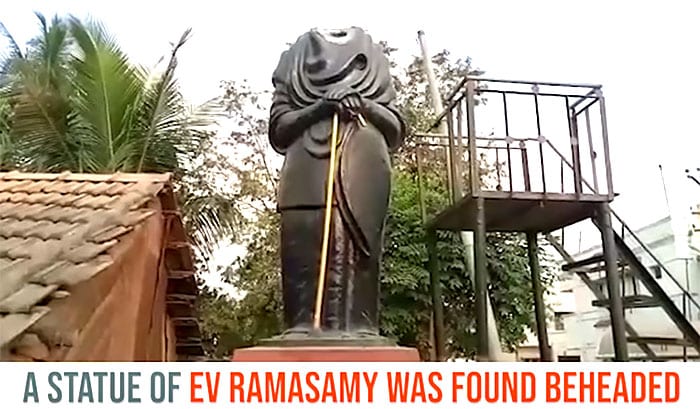
In March, 2018, a Periyar statue was destroyed by vandals, and two further acts of vandalism against Periyar statues were committed in the same year.



